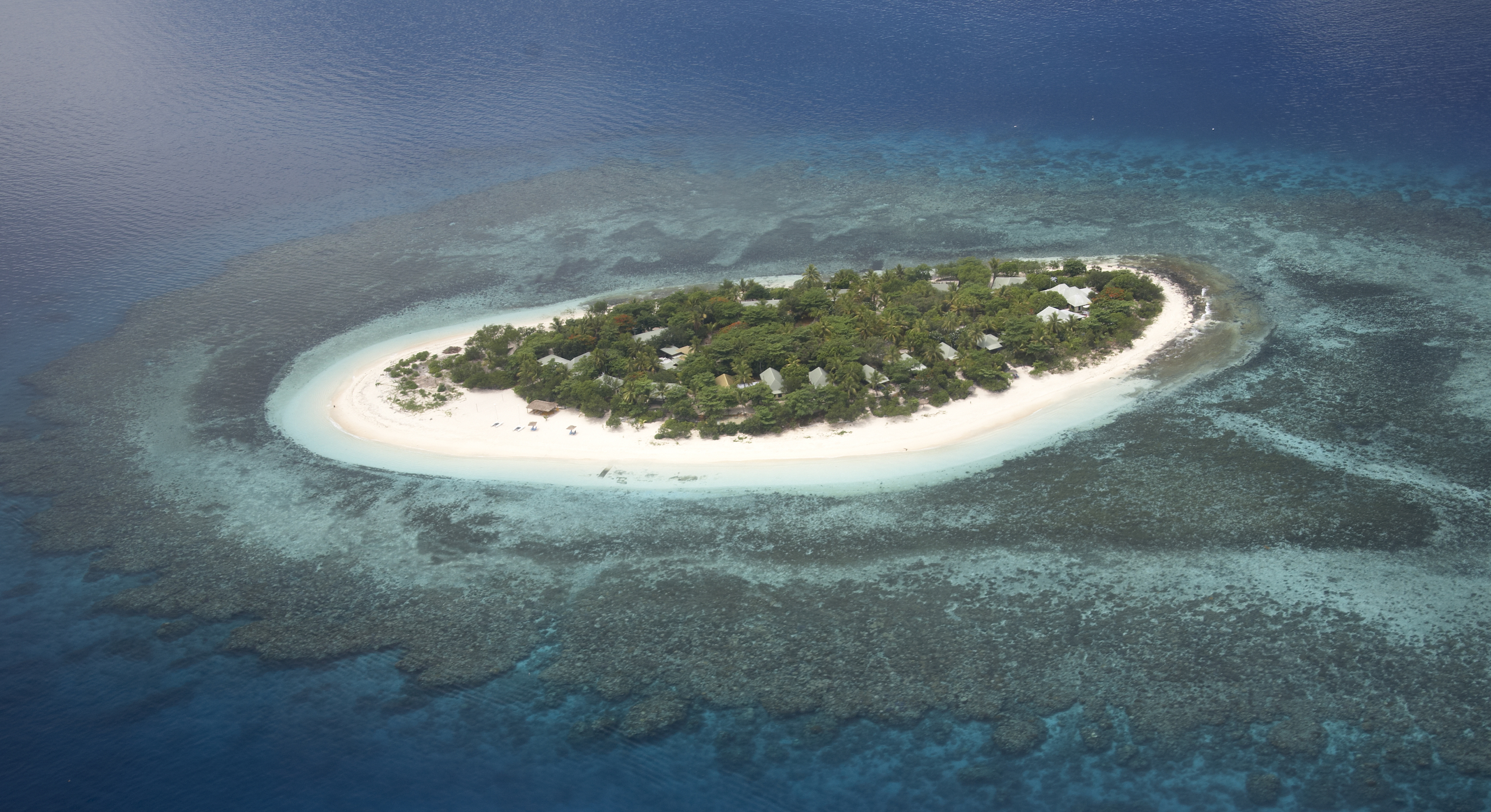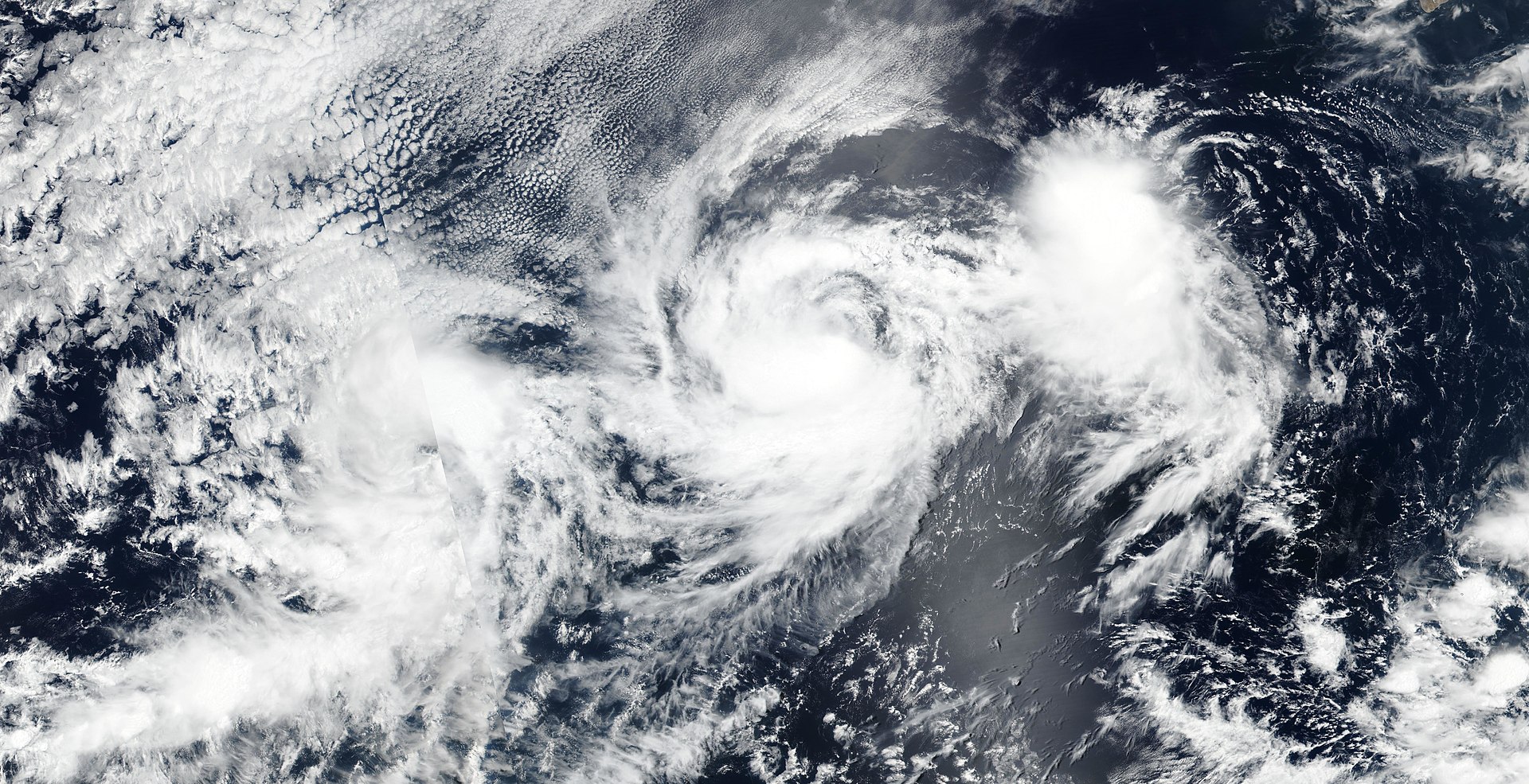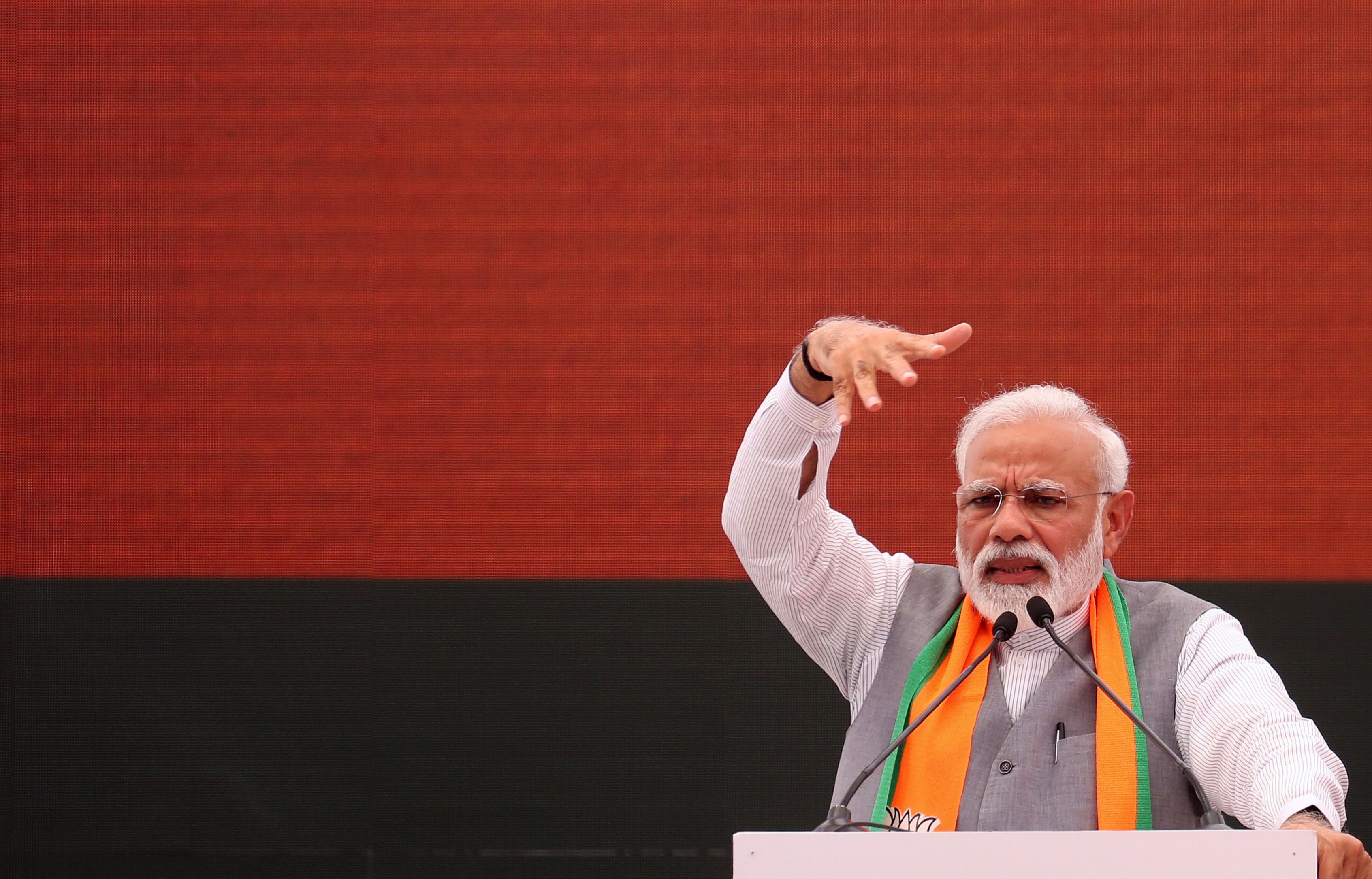
Business & Economics
Q&A: Australia’s COP26 report card

The India-led effort to provide infrastructure for Pacific island states vulnerable to climate change is a concrete outcome from COP26 and backed by Australia
Published 12 November 2021
As world leaders met at the G20 and COP26 in an effort to accelerate action on climate change, a smaller but highly significant pact was quietly announced on the sidelines.
The Infrastructure for Resilient Island States (IRIS) launched at COP26 and led by India with backing from partners Britain and Australia, is aimed at supporting small island states in protecting themselves from the catastrophic threat of rising sea levels.

For years Pacific Island leaders have been pleading for the big nations to acknowledge the grave impact of climate change on their communities – a problem that is none of their own making – and lobbying for support in mitigating the threat. The terrifying impacts of climate change experienced by our Pacific neighbours in the form of floods, cyclones and hurricanes, including for my own family in Fiji, are only intensifying.
That’s why the IRIS commitment by India, Australia and the UK to help island states address the existential threat of climate change is one of the most commendable outcomes of COP26. The agreement is a breath of fresh air amid the clamour of negotiations in Glasgow that may, for all intents and purposes, prove disappointing.

Business & Economics
Q&A: Australia’s COP26 report card
Working alongside the India-led Coalition of Developing Resilient Infrastructure (CDRI) as well as with the United Nations and partner countries in the Pacific, IRIS will build bridges, roads, ports, schools and other infrastructure that is needed for stable and resilient Pacific island economies.
It is also backed by India’s Space Agency (ISRO) that will supply timely satellite data and measurement on cyclones and coastal reef monitoring.
Investment in resilient infrastructure design won’t prevent the impacts of climate change being felt, but it will hopefully limit its devastation on the lives of vulnerable Pacific islanders. This vulnerability goes beyond being displaced from their homes, it can lead to poverty, exploitation and disease.
India’s focus on assisting small island states also recognises that their key tourism industries have been particularly hard hit by the COVID-19 pandemic.

At COP26 Indian Prime Minister Narendra Modi described the climate threat to small island states as a ‘matter of life and death’.
Describing the world’s obligation to support vulnerable countries as a ‘common atonement for our sins’, Prime Minister Modi acknowledged India’s own record as the world’s third largest emitter and the need for the country to do more to cut emissions. By 2030 India has now committed to produce more energy through solar and other renewables than the current output of its entire grid, as well as having the country’s railway system running at net zero.

Sciences & Technology
Tech can do a lot, but won’t get us to net zero on its own
And having previously rejected setting a target for India as a whole to reach net zero, Prime Minister Modi surprised COP26 with a commitment to reach net zero by 2070. He has also pushed wealthy countries to increase their climate finance commitments to $US1 trillion.
Yet it is the IRISthat arguably now makes India one of the most serious climate change players in the room.
In terms of support for small island states in the Pacific, the IRIS comes on top of India’s commitment to manufacture one billion COVID-19 vaccines for the region under the Quadrilateral Security Dialogue. Likewise, Australia has provided crucial vaccine and other support for the Pacific during the pandemic.
Australia’s support to the India-led IRIS will go further to strengthen Australia-India bilateral ties and help promote a stable prosperous and inclusive Indo-Pacific. More joint initiatives like this would further cement ties not just for years, but for decades to come.
Lisa Singh is Chief Executive Officer of the Australia India Institute and was a former Federal Senator for Tasmania and the former Tasmanian Labor Minister Assisting the Premier on Climate Change.
Banner: Getty Images